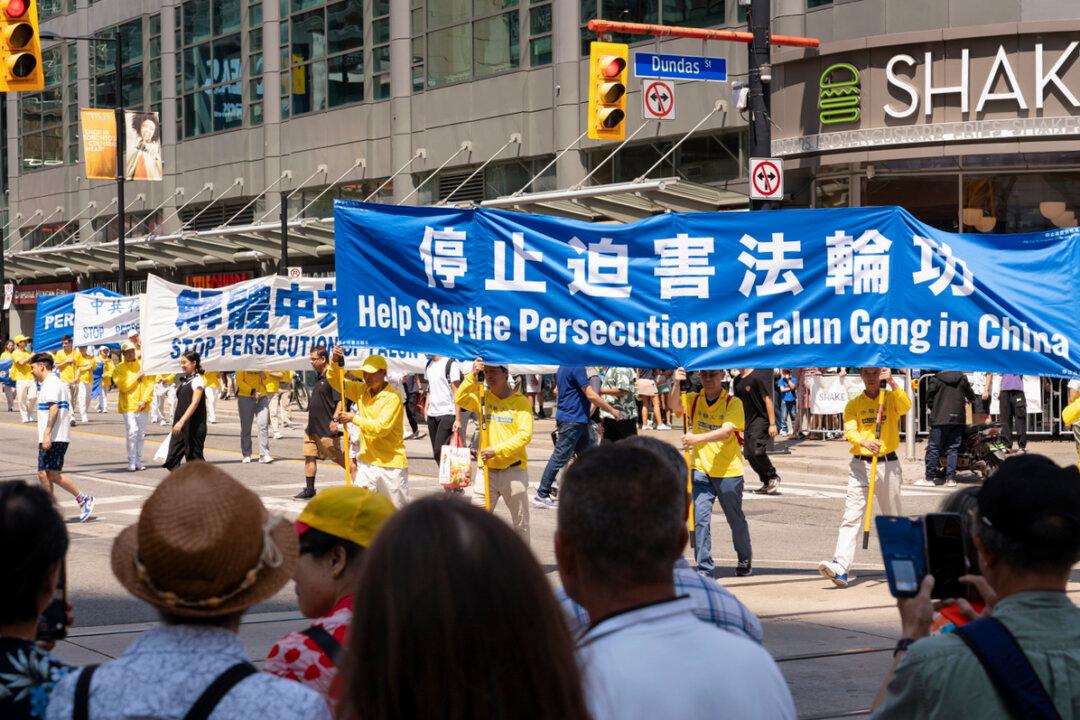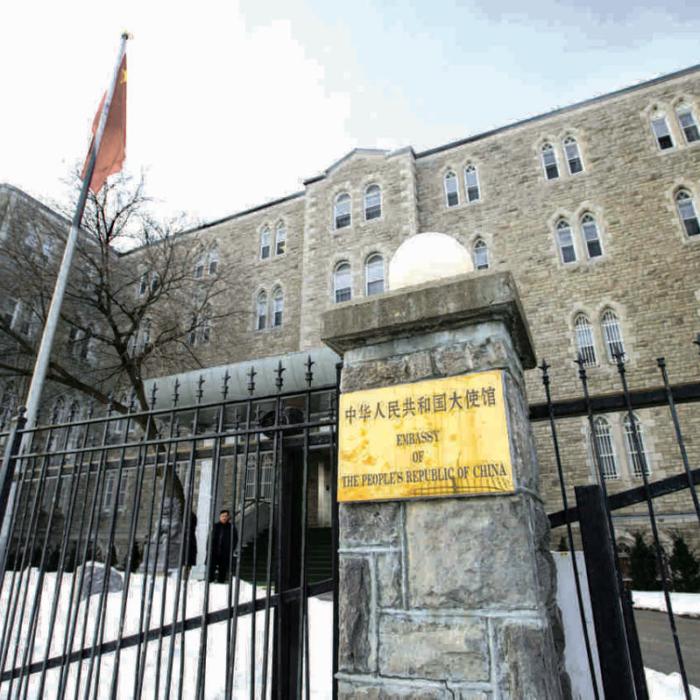In China, individuals holding a spiritual belief centred on compassion can face sentences twice as long as those convicted of picking fights and provoking trouble, according to a recent study.
From 2008 to 2020, the average jail sentence under Article 300 was just over five years, more than double the 2.3-year average for the “‘crime’ of picking quarrels and provoking trouble” under Article 293, a common charge the Chinese Communist Party (CCP) uses against human rights defenders, according to the report.
“More than half of the cases in our database were for Article 300, and that held for every year except for three in our sample, showing how determined the CCP has been in punishing [Falun Gong] followers,” Safeguard Defenders stated.
The report analyzed roughly 1,400 cases out of more than 10,000 human rights cases in China between 2008 and 2020. Data was collected from three sources: Safeguard Defenders’ own database, the U.S. Congressional-Executive Commission on China, and the NGO Chinese Human Rights Defenders.
The report found that most cases were concentrated in China’s northeast region, with Heilongjiang Province reporting the highest number. This region is where the Falun Gong spiritual movement began in the early 1990s. Sichuan Province recorded the second-highest number of cases.
Persecution and Transnational Repression
Safeguard Defenders’ report, published on July 22, coincides with the 25th anniversary of the CCP’s persecution of Falun Gong, which began on July 20, 1999.Canada, along with international governments, experts, and rights groups, has called on the regime to end the persecution, which has resulted in numerous cases of torture, abuse, and deaths from live organ harvesting.
“There is also evidence that many practitioners died in custody–some harvested for their organs–while many others were persecuted from outside the judicial system and sent to horrific terms in labour camps or psychiatric detention,” the NGO reported.
Viewing Falun Gong’s popularity and spiritual teachings as counter to the regime’s officially atheist ideology, the CCP launched a nationwide campaign to eradicate the practice. Despite the persecution, millions of practitioners in China continue to practise their faith today.







